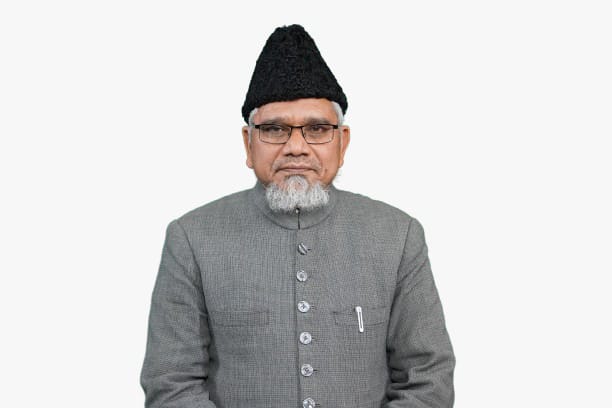New Delhi: Jamaat-e-Islami Hind (JIH) has welcomed the Union Cabinet’s decision to include caste enumeration in the upcoming national census, calling it a long-overdue and necessary measure for social justice. In a press statement issued on Thursday, JIH Vice President Prof. Salim Engineer underscored the significance of the move, saying it could serve as a crucial tool in addressing historical injustices faced by marginalized communities, including Dalits, Adivasis, and Other Backward Classes (OBCs).
Prof. Salim Engineer stated, “We commend the government’s step towards a caste-based census. Despite the progress in various sectors, caste continues to determine access to education, employment, and political participation in India. A comprehensive caste census is vital from a social, legal, administrative, and moral standpoint. It will provide the data necessary to monitor and strengthen affirmative action policies and support the development of disadvantaged communities.”
Highlighting the importance of data-driven policymaking, he added, “Only that which is measured can be managed. Accurate caste data will empower policymakers to make informed decisions that ensure inclusive development, especially in a landscape where public sector opportunities are shrinking and the private sector is expanding.”
While appreciating the decision, Prof. Engineer also voiced concern over the government’s previous reluctance to undertake such an exercise. “Until recently, the government was unwilling to go beyond Scheduled Castes and Scheduled Tribes in its enumeration. The shift in stance is welcome, though it also reflects a delayed recognition of the necessity of caste-based data,” he remarked.
He further pointed to the shortcomings of the 2011 Socio-Economic and Caste Census, citing its poor design and implementation as a lesson for future efforts. “This time, the process must be transparent, inclusive, and completely insulated from political agendas. The census must remain focused on ensuring justice and equity, not electoral gain,” he said.
Calling for clear commitments, Prof. Salim Engineer urged the government to announce a definitive timeline and allocate sufficient funds for the exercise. He also recommended the use of technology such as internet-enabled devices with preloaded caste categories to enhance accuracy and efficiency.
Rejecting the argument that caste enumeration may exacerbate social divisions, he said, “India has successfully recorded caste data for SC/STs, as well as religion and language, since 1951. These efforts have not sparked unrest. In fact, states like Bihar and Telangana have already shown that caste-based surveys are both feasible and beneficial.”
In conclusion, the JIH Vice President appealed to all stakeholders—government, civil society, and citizens—to support the caste census as a means of fostering national unity and delivering long-overdue justice to India’s marginalized communities.




